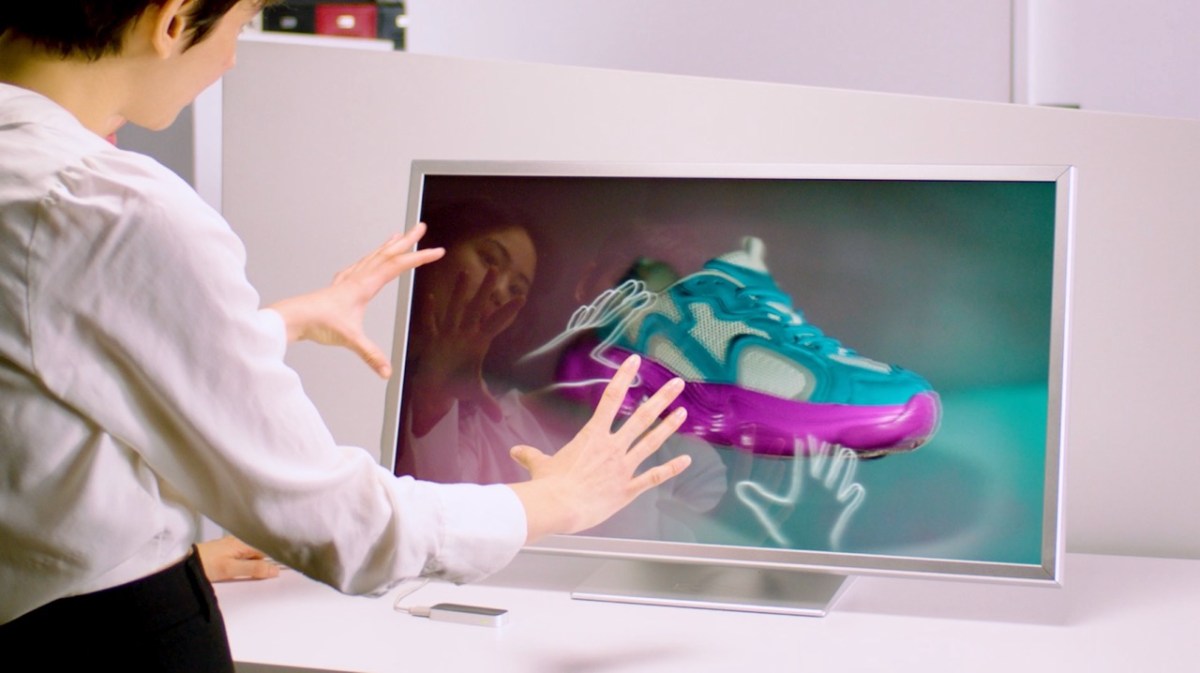Looking Glass makes trippy-looking mixed-reality screens that make things look 3D without the need of special glasses. Today, it launches a pair of new displays, including a 16-inch mode that runs $4,000. There’s also a 32-inch display, with a ‘if you have to ask how much it costs you can’t afford it’ price tag. The […]
© 2024 TechCrunch. All rights reserved. For personal use only.
Looking Glass makes trippy-looking mixed-reality screens that make things look 3D without the need of special glasses. Today, it launches a pair of new displays, including a 16-inch mode that runs $4,000. There’s also a 32-inch display, with a ‘if you have to ask how much it costs you can’t afford it’ price tag. The displays are available in both landscape and portrait orientations, providing greater flexibility to suit diverse content formats and applications.
The previous 15-inch model cost $6,000, so at least we’re seeing the prices come down a bit. The company also launched a $350 holographic digital photo frame a few years ago, along with software so you can make your holiday snaps leap out of the screen.
Looking Glass’s 32-inch monitor comes in horizontal and vertical models. Image Credit: Looking Glass
The innovative displays provide stunning group 3D visualization without needing headsets, which means that professionals interacting with 3D content can beaver away without the inconvenience and fatigue associated with wearing additional hardware. The company says its products are designed for cutting-edge visualization, catering to design, engineering, education, research, and healthcare professionals.
The new displays join the recently announced Looking Glass Go, completing the company’s portfolio of spatial offerings. While the Looking Glass Go transforms 2D photos into 3D memories, the larger formats are tailored to the needs of XR developers and professionals.
The other advantage of using these displays is that the content can be viewed by groups, which is particularly helpful in collaborative contexts. The company says up to 100 different people can experience the content at the same time.
The displays can show a wide range of media, including holographic images, high-quality videos, and real-time applications, and feature gesture-based controls, further enhancing immersive experiences without needing to paw at the computer screen.
Looking Glass offers several options for content creation, including plugins for Unity, Unreal, Blender, and WebXR. It also has a 3D model importer and a software development kit for creating custom holographic content.

Leave a Reply